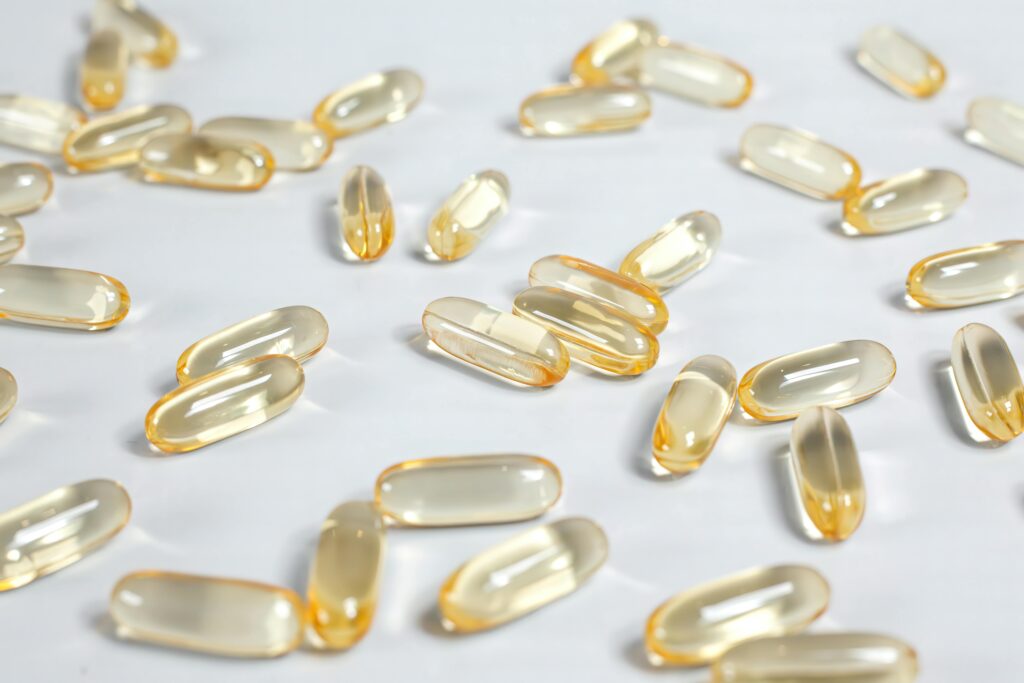Maintaining healthy arteries is essential for a long, active, and disease-free life. Policosanol, a natural supplement extracted from sugar cane wax and other plant sources, has been extensively studied for its potential benefits in cholesterol management, blood pressure control, and overall cardiovascular health. This guide provides an in-depth, evidence-based overview of Policosanol, including its mechanism of action, recommended usage, safety considerations, and practical tips for maximizing its benefits.
What is Policosanol?
Policosanol is a mixture of long-chain primary alcohols, most commonly derived from sugar cane wax. Over the past two decades, it has gained attention in cardiovascular research for its potential ability to improve lipid profiles and support arterial health.
Key cardiovascular benefits include:
- Reduction of LDL cholesterol (the “bad” cholesterol)
- Increase in HDL cholesterol (the “good” cholesterol)
- Support for healthy blood pressure levels
- Protection of arterial walls against oxidative stress and inflammation
Scientific references: Castro et al., 1999, Grundy et al., 2001
How Policosanol Works: Mechanism of Action
Policosanol appears to exert its effects primarily through two mechanisms:
- Cholesterol synthesis modulation: Policosanol inhibits HMG-CoA reductase, the enzyme responsible for cholesterol production in the liver, similar to the action of statin medications but generally milder.
- Enhancement of LDL clearance: It promotes the removal of LDL cholesterol from the bloodstream, reducing the risk of plaque formation and arterial stiffness.
These mechanisms collectively contribute to improved lipid profiles and may reduce cardiovascular risk over time.

Clinical Evidence for Cholesterol Management
Randomized controlled trials in adults have shown that daily Policosanol supplementation can reduce LDL cholesterol by approximately 15–25% and increase HDL cholesterol by 5–15% over 12 weeks.
Key studies include:
- Castro et al., 1999: Policosanol supplementation significantly lowered LDL cholesterol and improved HDL levels in middle-aged adults.
- Grundy et al., 2001: Demonstrated that Policosanol may support long-term cardiovascular health when combined with lifestyle modifications.
Policosanol for Blood Pressure Control
Beyond lipid management, research indicates that Policosanol can help maintain healthy blood pressure. It may improve endothelial function, reducing arterial stiffness and enhancing circulation.
Key evidence:
- Berger et al., 2001: Participants who took Policosanol showed improved vascular function and mild reductions in systolic and diastolic blood pressure.
Recommended Usage
To maximize the benefits of Policosanol while minimizing potential side effects, consider the following:
- Typical daily dose: 5–20 mg per day, usually taken with meals to improve absorption.
- Start with a lower dose if you are sensitive to supplements.
- Consistency is key: take daily for at least 8–12 weeks to observe measurable effects.
- Pair supplementation with a heart-healthy diet (rich in vegetables, fruits, whole grains, lean protein) and regular exercise.
Safety and Precautions
Policosanol is generally safe for healthy adults. However, consider these precautions:
- May interact with blood-thinning medications (e.g., warfarin) — consult your doctor before use.
- People with liver disorders should check with a healthcare provider first.
- Always monitor your cholesterol and blood pressure regularly.
- Pregnant or breastfeeding women should avoid using Policosanol without medical supervision.
Tips for Maximizing Benefits
- Combine with a balanced diet and adequate fiber intake.
- Maintain regular physical activity: a mix of cardio and resistance training.
- Avoid smoking and limit alcohol consumption.
- Monitor health markers (cholesterol, blood pressure) to track improvement.
Conclusion
Policosanol is a well-researched natural supplement that can support healthy cholesterol levels, aid in blood pressure management, and protect arterial health. When combined with a healthy lifestyle, it may contribute to long-term cardiovascular wellness and longevity. By understanding the mechanisms, following recommended usage, and taking necessary precautions, anyone can make informed choices to support heart health.
